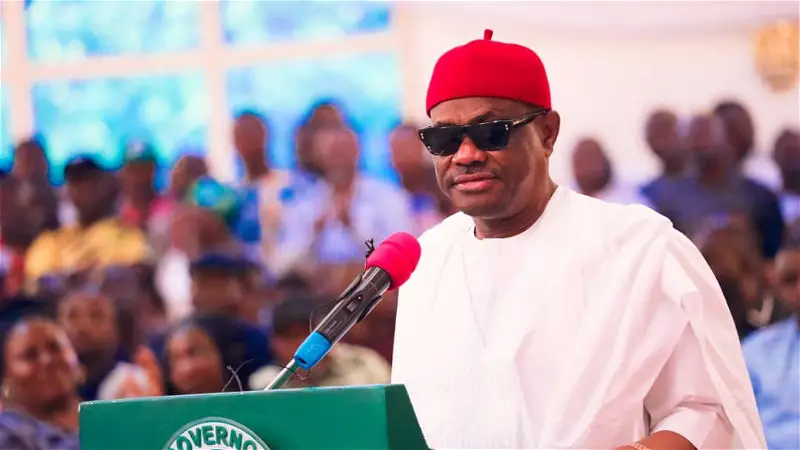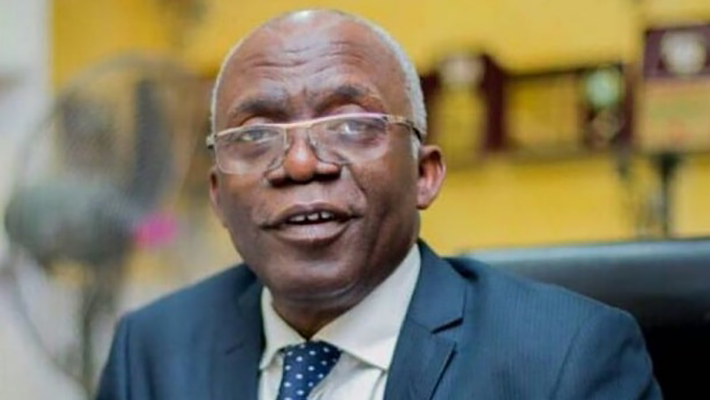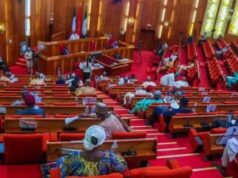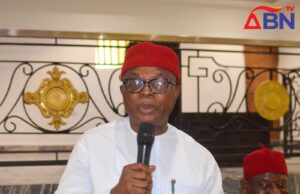Femi Falana and Ebun-Olu Adegboruwa, Senior Advocates of Nigeria, have intervened in the conflict between the Minister of the Federal Capital Territory, Nyesom Wike, and Senator Ireti Kingibe, who represents the FCT.
The senior attorneys stated the FCT minister was not liable to Kingibe or the National Assembly in terms of duty execution.
The FCT legislator had urged Wike not to act without the approval of the National Assembly.
Kingibe further stated that the FCT minister has no executive authority and must work within the constraints of the country’s legislative branch.
Kingibe said, “You also have to remember that the minister of the FCT – I’m not sure we have had a former governor as a minister, I think we have had one. Some [former] governors may think that as an FCT minister, the minister does not have executive powers. He works hand-in-hand with the National Assembly and the president to administer the FCT.”
However, interpreting the constitution, Falana stated Kingibe was wrong to have said that the minister was answerable to the National Assembly in the discharge of his duties.
He said, “The distinguished senator is wrong. The power of the executive regarding the FCT lies with the President. Making laws and passing laws for the FCT are the business of the National Assembly.
“Section 299 (a) of the constitution provides: this constitution shall apply to the Federal Capital Territory, Abuja as if it were one state of the Federation; and accordingly
“(a) all the legislative powers, the executive powers and the judicial powers vested in the House of Assembly, the governor of a state and in the courts of a state shall, respectively, vest in the National Assembly, the President of the Federation and in the courts which by the foregoing provisions are courts established for the Federal Capital Territory, Abuja.”
He further explained that since the executive powers of the FCT are vested in the President who then delegates them to the minister as he pleases, the minister can act in the capacity of the President who is the governor of the FCT.
Falana said, “The executive powers of the FCT are vested in the President, the legislative powers are vested in the National Assembly, while the judicial powers are vested in the High Court of the Federal Capital Territory.
“To that extent, it is very wrong to say that since there is no governor in the FCT, the executive powers are vested in the National Assembly; those powers are vested in the President.
“So, whenever the president appoints a minister, the minister is performing in the powers delegated to him or her by the President.”
He added, “If you are dissatisfied with the decision taken by anyone in the FCT, you go to the FCT High Court.”











